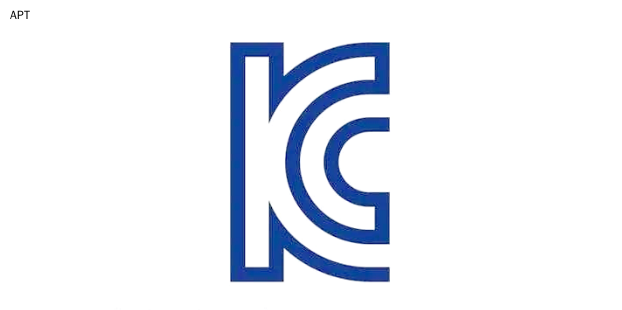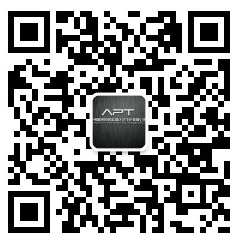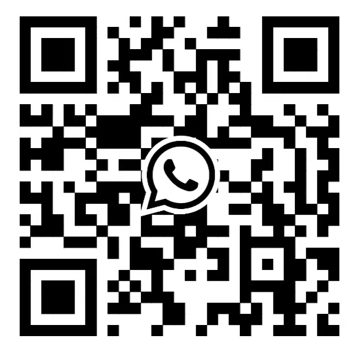authentication

KC
发布时间: 2025-03-14 15:27

The KC certification, namely Korea Certification, is an important certification system established by the South Korean government to protect consumers' rights and interests and ensure product quality and safety. This system is uniformly managed by the Korean Agency for Technology and Standards (KATS), which is subordinate to the Ministry of Trade, Industry and Energy (MOTIE) of South Korea. In the field of automotive parts, the specific implementation of the KC certification is carried out by the Korea Automobile Testing & Research Institute (KATRI), which is specifically responsible for the KC certification of motor vehicle parts.





The KC certification, namely Korea Certification, is an important certification system established by the South Korean government to protect consumers' rights and interests and ensure product quality and safety. This system is uniformly managed by the Korean Agency for Technology and Standards (KATS), which is subordinate to the Ministry of Trade, Industry and Energy (MOTIE) of South Korea. In the field of automotive parts, the specific implementation of the KC certification is carried out by the Korea Automobile Testing & Research Institute (KATRI), which is specifically responsible for the KC certification of motor vehicle parts.
KATRI has formulated the Korean Motor Vehicle Safety Standards (KMVSS) based on the motor vehicle safety regulations of Europe and the United States. This standard forms the core foundation of the certification for automotive parts. Currently, more than ten types of vehicle parts have been included in the mandatory scope of the KC certification, covering brake hoses, seat belts, retro-reflectors (such as vehicle lights, reflectors, etc.), headlights, rear identification plates, safety glass, triangular warning signs, rear under-run protection devices, brake pads, wheels, reflective tapes, rear reflectors for low-speed vehicles, tires, charging piles, smart keys, and in-vehicle transmitting ends of smart keys, etc.
In the KC certification process, non-Korean manufacturers need to apply through a South Korean importer as their local representative. In addition, manufacturers are required to have their own testing equipment and be able to conduct routine product tests according to the KMVSS standard. The application materials include the registration application form for the parts manufacturer, the import plan (if applicable), details of the testing facilities (or the usage contract), certificates of technical personnel, the rectification plan for manufacturing defects, the business registration certificate, etc. The sample testing must be carried out in a third-party laboratory authorized by KATRI, and this laboratory needs to be registered with the Ministry of Land, Infrastructure and Transport (MOLIT). The testing process must strictly comply with the requirements of the KMVSS regulations.
The KCMark certificate is valid for a long term, unless the standard is updated and revised. After obtaining the KC certification, the manufacturer needs to submit the information record of the export products to MOLIT before shipment, and it should be at least 10 days in advance. If KATRI discovers product defects during market supervision, but the manufacturer or importer fails to report to the competent department of the South Korean government in a timely manner, MOLIT has the right to revoke the KC certification of the relevant products.
In addition, for in-vehicle parts of vehicles such as millimeter-wave radars (such as front radars, corner radars, cockpit CPD radars), wireless keys, and wireless communication modules (such as Bluetooth, WiFi), if they transmit or receive radio waves, they need to undergo the KCC certification. The KCC certification is a mandatory certification system implemented by the Korea Communications Commission in accordance with the Basic Telecommunications Act and the Radio Waves Act of South Korea. Since January 1, 2010, all radio products imported into South Korea are required to obtain the KCC certification. The institution that conducts this certification is the Korea Radio Research Agency, and currently, there are a total of 37 authorized laboratories.

Copyright © 2014,www.aptcertification.com, All rights reserved






